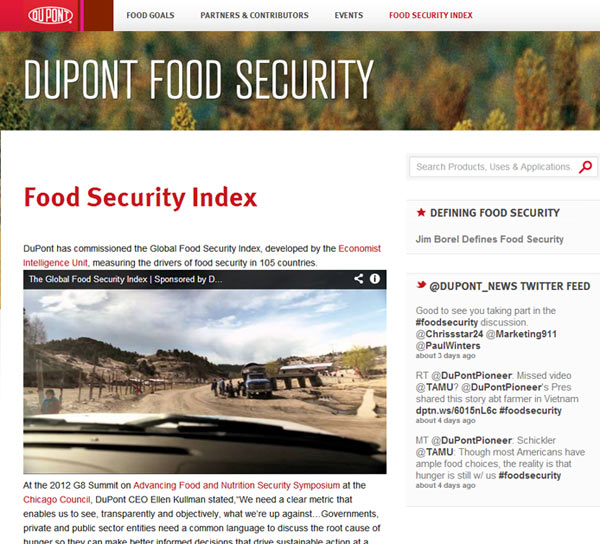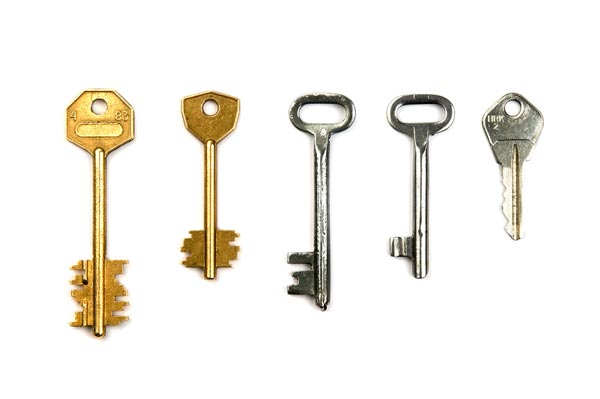Most graduates are aware that corporates sometimes use social media to screen candidates before giving them an interview, but the reality is that very few do anything about it. A quick glance at a public Facebook page can be more than enough for an employer to change their mind about an otherwise strong candidate. But how much is too much, and is it fair for top recruiters to be scouring the internet for information they didn’t ask for?
Screen One, Screen All
 You wouldn’t set up an interview where you asked one candidate basic and standard interview questions and then tested another with a probing, personal information. At whatever stage of the interview you decide to screen candidates, make sure it’s consistent as best as it can be; firstly it’s fair on all your candidates and, secondly, it gives you a flavour of the real state of play.
You wouldn’t set up an interview where you asked one candidate basic and standard interview questions and then tested another with a probing, personal information. At whatever stage of the interview you decide to screen candidates, make sure it’s consistent as best as it can be; firstly it’s fair on all your candidates and, secondly, it gives you a flavour of the real state of play.
Professional and Personal
Sites like LinkedIn are professional social networking sites and it’s perfectly reasonable to search these for recommendations, particularly if you’re taking on freelancers or contractors. Facebook, Twitter or MySpace are personal sites, however, so expect your candidates to have some iffy connections and, perhaps, to have posted political or private views. As long as they can delineate their personal from their professional, you should have no problems.
Take Perspective
Social media findings should be just one aspect of a wider process and it’s important to keep perspective on anything you have found. Social media screening is just another step in the interview process and should be taken as exactly that. The only exceptions, of course, are if you find anything seriously worrying; if you find comments about employers, or former employers, for example, then it’s time to think about making a difficult phone call.
Making the Rejection
Research conducted by social media service Reppler last year found the most popular reasons for rejecting candidates based on what was on their social media included lying about qualifications and posting of inappropriate comments or photos. It may be a tough conversation, but candidates should know that these are your reasons, particularly if their CV is inaccurate. It may help them to make amends to their social media sites, or at least their privacy settings, in the future.
As a part of a longer, more comprehensive interview process, social media screening is a legitimate tool and candidates should be aware of what is written about them online. However, take everything in perspective and be sure to give otherwise good candidates a fair chance; a few changes to their online profile are much easier to make than changes to their willingness, enthusiasm or qualifications.

 The company that originated as a gunpowder manufacturer in Delaware has now grown into a world leading service provider across 5 divisions of scientific specialism. One of its central pillars of scientific specialism is agriculture, nutrition and world hunger.
The company that originated as a gunpowder manufacturer in Delaware has now grown into a world leading service provider across 5 divisions of scientific specialism. One of its central pillars of scientific specialism is agriculture, nutrition and world hunger. To do so DuPont have commissioned the Global Food Security Index. They have explained what this is on a video available on their website. They present the premise of the initiative and explain how the index has been developed in collaboration with the
To do so DuPont have commissioned the Global Food Security Index. They have explained what this is on a video available on their website. They present the premise of the initiative and explain how the index has been developed in collaboration with the  The Interactive Advertising Bureau (IAB) is committed to raising awareness of non-intentional traffic (NIT), which is defined as the traffic to a website that “occurs without the knowledge of of a user or driven by non-human actors.” To aid its mission, the IAB has put together the
The Interactive Advertising Bureau (IAB) is committed to raising awareness of non-intentional traffic (NIT), which is defined as the traffic to a website that “occurs without the knowledge of of a user or driven by non-human actors.” To aid its mission, the IAB has put together the 
 In 2010, the value of a Facebook like was $136, but within three years, it climbed 28% to reach $174 in 2013. Those statistics come from a
In 2010, the value of a Facebook like was $136, but within three years, it climbed 28% to reach $174 in 2013. Those statistics come from a 